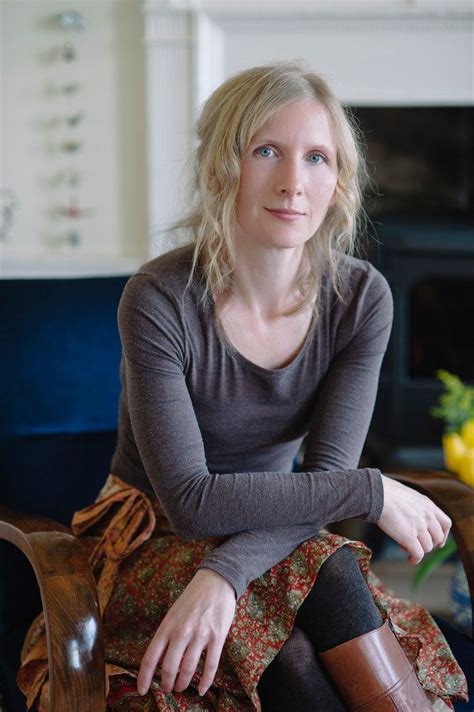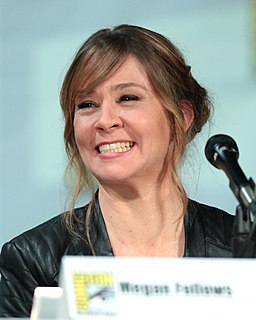A Quote by Jonathan Galassi
Elizabeth Bishop in particular had a big impact on me personally as well as artistically. Her insistence on clarity is something I rate very highly.
Quote Topics
Related Quotes
In the study of ideas, it is necessary to remember that insistence on hard-headed clarity issues from sentimental feeling, as it were a mist, cloaking the perplexities of fact. Insistence on clarity at all costs is based on sheer superstition as to the mode in which human intelligence functions. Our reasonings grasp at straws for premises and float on gossamers for deductions.
It is often falsely assumed, even by feminists, that sexuality is the enemy of the female who really wants to develop these aspects of her personality, and this is perhaps the most misleading aspect of movements like the National Organization of Women. It was not the insistence upon her sex that weakened the American woman student's desire to make something of her education, but the insistence upon a passive sexual role
My fellow actors inspire me a lot and really good writing inspires me. And then trying to stick to the decision to only do something that I think will challenge me and that I, personally and very subjectively, I think is good not do something because I think it will bring me a lot of money or bring me a lot of awards. I've tried to very, very rigorously be highly subjective about what I do. And that's something that I think I have basically lived by.
I've written one book-length piece of journalism. The Art of Political Murder: Who Killed Bishop Gerardi? That book had an impact. Eight years after it was published it's still having an impact in Guatemala. I remember when I wrote it, a surprising number of people said things to me like, "That is such an amazing story; why didn't you turn it into a novel?"
No one in my family or my circle of friends had ever had to confront something like this. Jamie was seventeen, a child on the verge of womanhood, dying and still very much alive at the same time. I was afraid, more afraid than I'd ever been, not only for her, but for me as well. I lived in fear of doing something wrong, of doing something that would offend her. Was it okay to ever get angry in her presence? Was it okay to talk about the future anymore?
My monetary studies have led me to the conclusion that central banks could profitably be replaced by computers geared to provide a steady rate of growth in the quantity of money. Fortunately for me personally, and for a select group of fellow economists, that conclusion has had no practical impact… else there would have been no Central Bank of Sweden to have established the award [Nobel Prize] I am honoured to receive.
I look at Willow and she's so naughty and fiery, and I'm not going to take any of her fierceness personally - my mom took all of my behavior personally. Everything I did, she thought it was an act of rebellion against her. But it was just me being me. And that's something I want to post on every mirror in my house: This is not about you!
Those who have had the most impact and influence throughout history and certainly the people who've had the most impact and influence on me personally have been basically entirely unaware of any such influence and made their chief concern their personal devotion and obedience, and the pleasure of God in the hidden things of their lives.




































